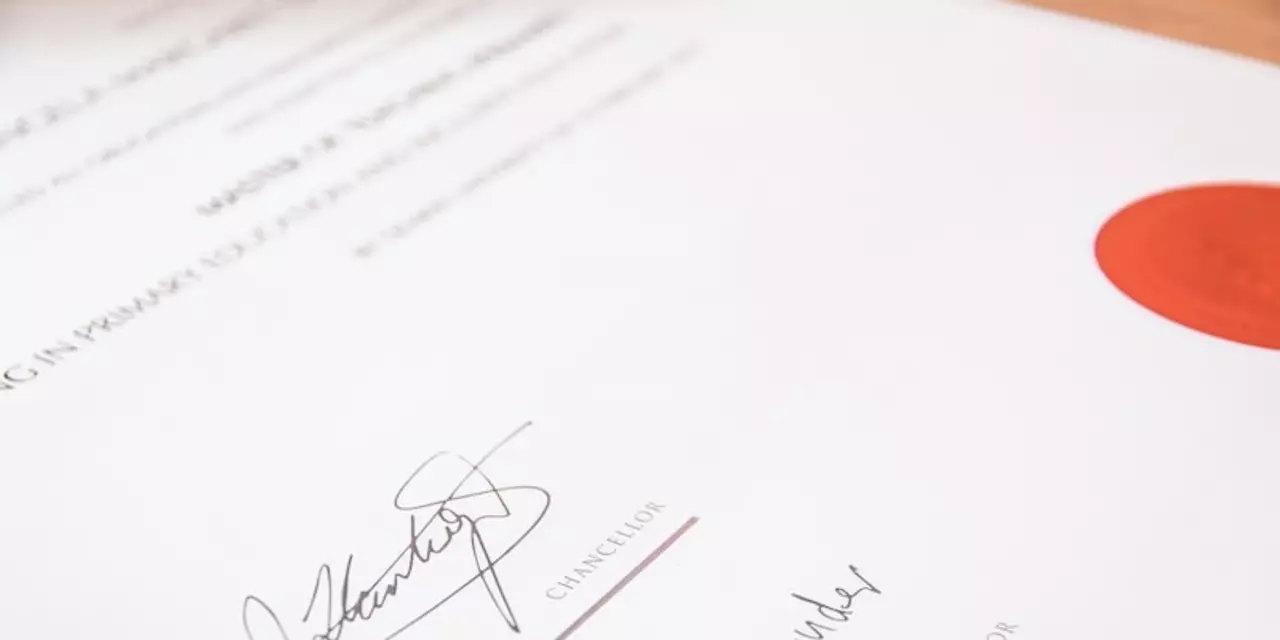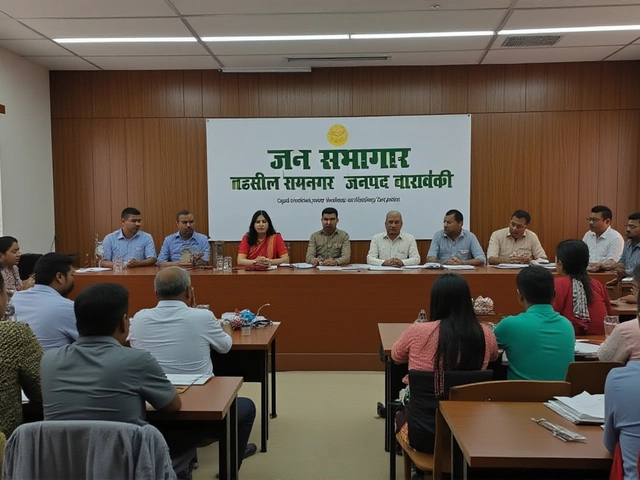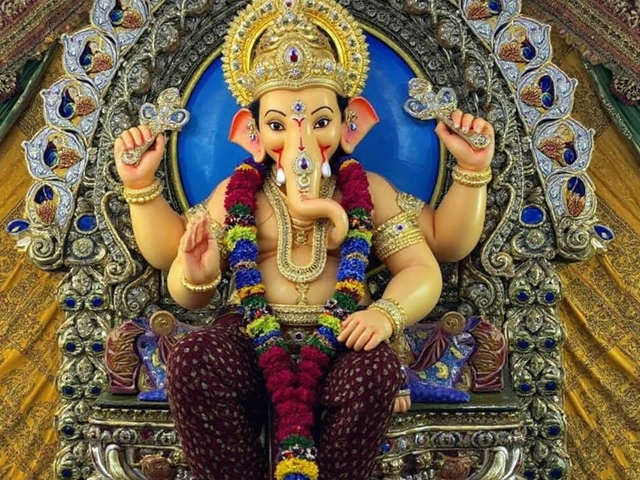Nationality Certificate: How to Apply and What You Need
A nationality certificate proves that a person is a citizen of India. You may need it for passport formalities, school admissions, government jobs, or resolving identity disputes. Local authorities and courts issue these certificates when official records are missing or unclear. This short guide tells you what documents to gather, where to apply, and how to avoid common delays.
Who needs a nationality certificate?
People who lack a clear birth record often ask for this certificate. That includes older adults born at home, those whose birth certificates were lost, and people with inconsistent records across documents. It also helps applicants who face questions while applying for a passport, ration card, or government benefits. If you already have a valid passport or citizenship certificate, you usually don’t need a separate nationality certificate.
Documents and proof you should prepare
Rules vary by state, but most authorities ask for a combination of documents that together show long-term residence and identity. Typical documents include:
- Birth proof (if available): school leaving certificate, hospital record, or birth register copy.
- Identity proof: Aadhaar, voter ID, PAN card, or ration card.
- Address proof: electricity bill, ration card, or rental agreement.
- Education records: old school certificates or mark sheets showing date and place of birth.
- Affidavit: a sworn statement on stamp paper describing your birth details and family history. This is often required and must be signed by a magistrate or notary.
- Witnesses: statements from local officials, headmaster, village panchayat members, or elders who can confirm your birth and residence history.
- Passport copy: if you or your parents have an old passport, include it—it’s strong evidence of nationality.
Keep original documents ready for verification and submit clear photocopies. If documents are in a regional language, attach certified translations where asked.
How to apply — step by step
1. Identify the right office: Usually apply at the District Magistrate, Tehsildar, or Sub-Divisional Magistrate (SDM). Some states allow online filing—check your state’s portal or local collector office.
2. Get the application form: Collect it from the office or download it if available online. Fill in accurate details and sign the affidavit where required.
3. Attach documents: Include photocopies and originals for verification. Add witness statements and any supporting letters from local authorities.
4. Submit and get an acknowledgment: Note the reference number or receipt. This helps track the application.
5. Verification: Officials may do local inquiries or ask for police verification. Cooperate promptly to avoid delays.
6. Collection: Once approved, collect the certificate in person. Check the certificate details carefully before leaving.
Processing time varies from a week to a month depending on verification. If there is a legal dispute, it may take longer. For faster processing, give accurate info, provide strong supporting documents, and follow up politely with the issuing office.
One final tip: keep multiple photocopies and scanned backups of every document. They speed up future applications and reduce stress when officials ask for proofs.





